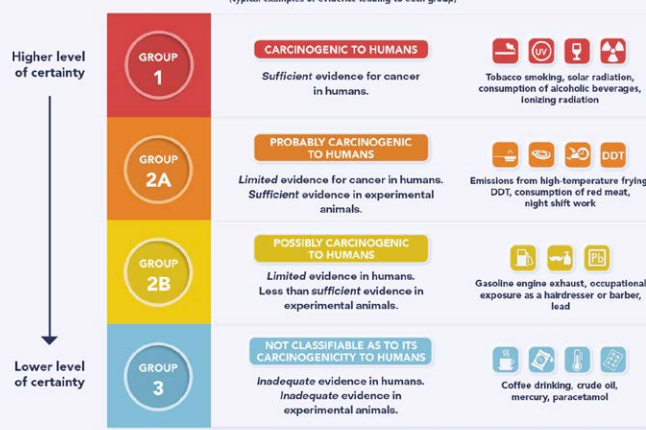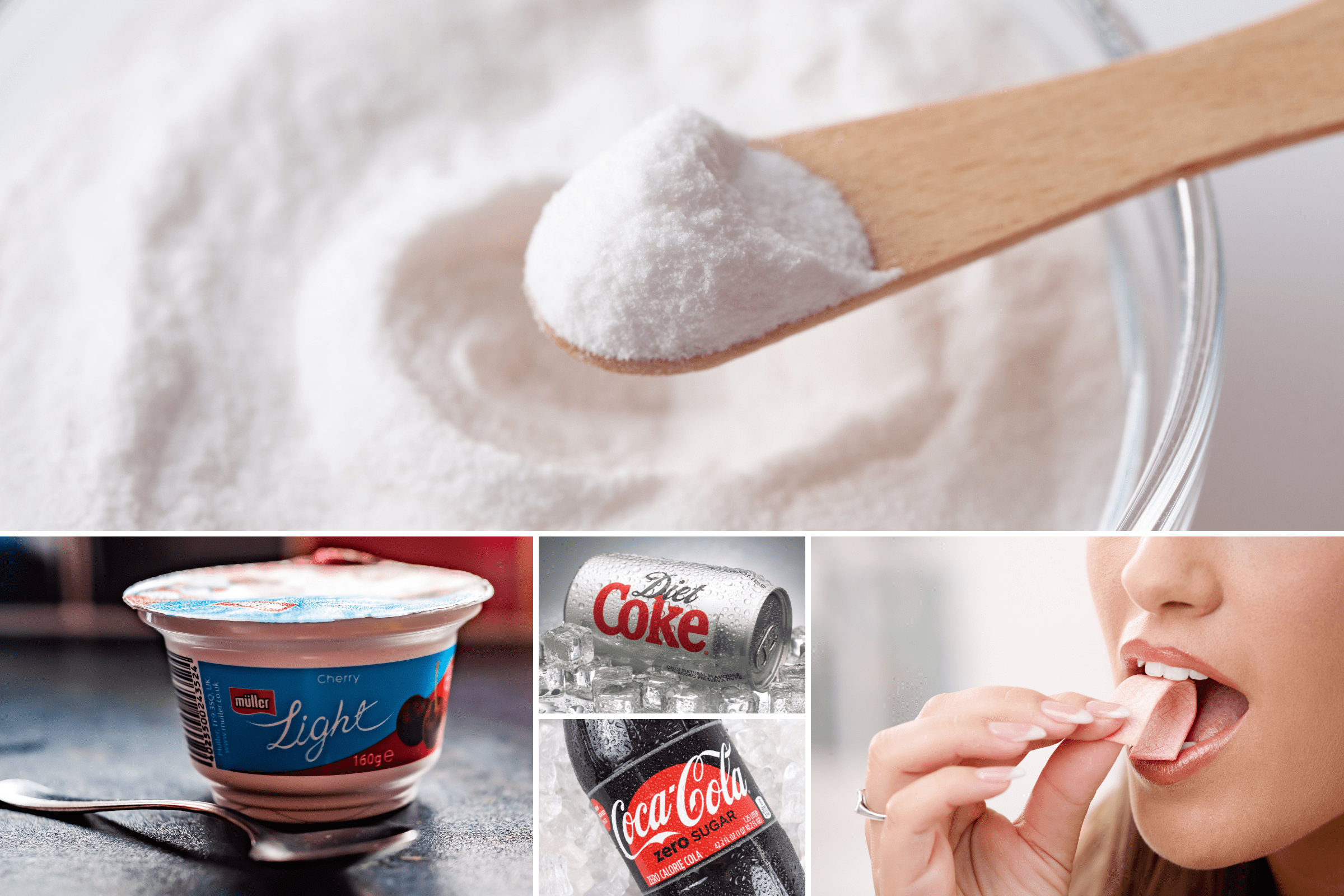By Charalampos Karouzos,
Aspartame, a widely used artificial sweetener, has remained the subject of intense debate and public scrutiny for decades but a new peak was reached on June 29th, when the Reuters revealed that on the next update of the WHO list of carcinogenic compounds aspartame will be added in the “possibly carcinogenic class”. The news, as expected, shocked the public, further inflating the conflict of the widely consumed sweetener. The announcement was further confirmed by the WHO’s head of nutrition, Dr Francesco Branca on Wednesday the 5th of July. The future update in aspartame’s class, was circulated around the globe in an unprecedented manner, with public confused as official bodies have set the status of the sweetener to be safe. This is all we know so far.
To begin, aspartame is an artificially made sweetener discovered in 1965 by American chemist James Schlatter and approved by the FDA in 1974 to be used as a tabletop sweetener and additive in foods. Aspartame compared to normal sugar has two very important differences, it is a non-nutrient substance, and it is significantly sweeter. Being a non-nutrient substance, it contains virtually zero calories while at the same time being 200 times sweeter than simple sugar. These properties made the chemically named L-alpha-aspartyl-L-phenylalanine methyl ester, a very popular additive in foods but especially soft drinks that are marketed as sugar-free or even zero calories, without compromising on the sweetness.
Although the announcement of the possible carcinogenicity of the sweetener is not supporting aspartame’s safety, the full-scale results were published by the WHO Friday the 14th of July. However, the IARC (International Agency for Research on Cancer) that has made the class change of aspartame is not the committee responsible for food safety, but the cancer research arm of the WHO. This is crucial to be stated as although a substance may have some carcinogenic effect, the real-world effect on the public may be practically zero. In addition, the “possible carcinogenic” class, simply named class 2B, according to its definition, contains chemicals with limited evidence in humans and less than sufficient evidence in experimental animals, including for example gasoline engine exhaust. As the WHO states in the Q&A of the 14th of July meeting, backed by the statements of WHO’s head of nutrition, Dr Francesco Branca, “The assessment of aspartame has been, in the first place, a hazard identification process. This has been closed, followed by a full risk assessment process. The two assessments will be then put together in a final release that will be completed and disseminated next week. So, a full risk assessment will be available next week.” The 14th of July results confirmed the Reuter’s report making aspartame a class 2B substance.

Moreover, since the average soft drink consumption is estimated to be around 34 liters per year, being higher in developed countries and on the rise globally, the announcement of aspartame’s possible carcinogenic effect practically affects all of us. The sweetener found in most zero-sugar soft drinks and frequently used as an additive, is contained in amounts of around 100mg per soft drink, with the popular Coke Zero and Diet Pepsi containing 87mg and 124mg respectively. Since 1981 WHO’s responsible arm for additives safety JEFCA (Joint FAO/WHO Expert Committee on Food Additives), evaluated as an acceptable daily intake (ADI) of 40mg/kg of body weight per day, revaluated by the 14th of July committee. For example, an adult weighing 60 kg would have to drink between 12 and 36 cans of diet soda, depending on the amount of aspartame in the beverage, every day to be at risk. Consuming such high amounts of soda to reach the lowest limit of the daily recommendation of soft drinks is significantly less frequent than consuming a small amount of aspartame with a soda or two.
Along with cancer, aspartame, has in the past been linked to a wide range of serious health conditions including association with Cardiovascular diseases, Alzheimer’s, strokes and dementia, gastrointestinal disturbances and even weight gain. In fact, in May 2023, the World Health Organization signaled a change in its policies, advising the public not to consume non-sugar sweeteners for weight loss, including aspartame. The recommendation is based on the current best scientific data suggesting that non-sugar sweeteners are in fact associated with increased risk of type 2 diabetes, cardiovascular diseases, and all-cause mortality, as well as increased body weight. The pathophysiological mechanism directly linking aspartame and these diseases is yet to be identified and current speculations propose as a causative agent the sweetness of aspartame driving individuals to consume more regularly high-calorie sweet food that are known to be associated with these diseases.
To conclude, aspartame is according to the WHO safe to be consumed by the public not exceeding the daily dose of 40mg/kg of body weight per day. Further, the recently published guidelines by the WHO advise consumers not to use sugar free sweeteners for weight control. All these data have created chaos among people as the carcinogenic effect of the widely found sweetener may or may not be significant. In addition, the JECFA revaluation of the 40mg/day Acceptable Daily Intake of aspartame, has not cleared the muddy water and confusion still exists. Sources close to the committees’ state that the classification as a possible carcinogenic is to be made to drive more research on the topic further validated by the July 14th results. Let’s wait for more scientific studies on the sweetener’s safety and let’s limit unproven speculations of aspartame’s carcinogenicity as it has created a sweet chaos.
References
- Aspartame Questions and Answers (Q&A). monographs.iarc.who.int. Available here
- IARC Monographs – Volume 134: ASPARTAME, METHYLEUGENOL, AND ISOEUGENOL: Evaluation of the health effects of aspartame consumption. monographs.iarc.who.int. Available here
- Aspartame: WHO and IARC to Release New Data on Carcinogenic Risks Next Week. healthpolicy-watch.news. Available here
- Chemical risks and JECFA. fao.org. Available here
-
Exclusive: WHO’s cancer research agency to say aspartame sweetener a possible carcinogen. reuters.com. Available here




